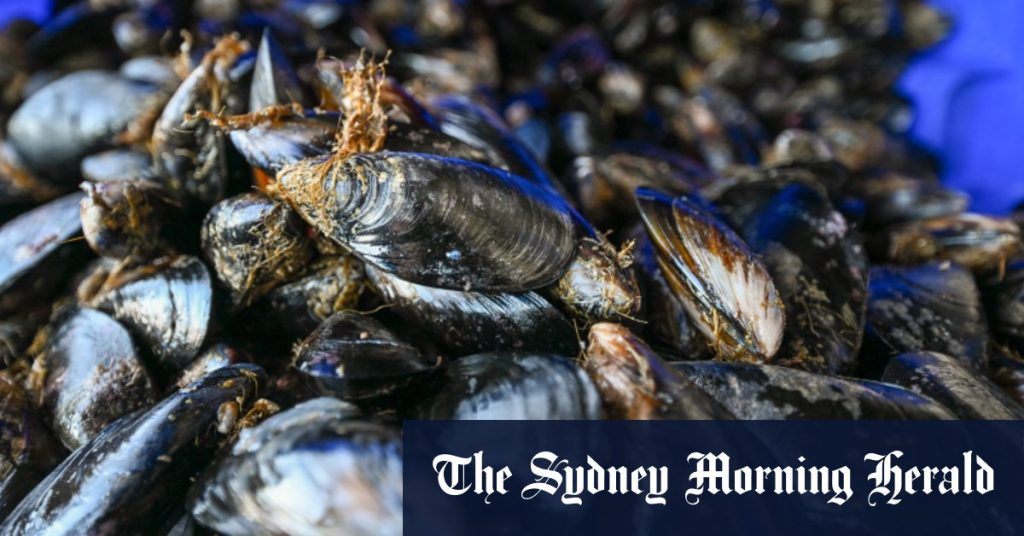Harris is a boutique mussel grower in Victoria, producing less than 50 tonnes of mussels annually that he sells directly to restaurants and consumers. He expressed concerns about leaseholders sitting on water that had been allocated for aquaculture but not using it, and urged the Victorian Fisheries Authority to allocate unused water to growers committed to utilizing it. Describing mussels as a superfood that is healthy to eat and environmentally friendly to grow, he emphasized the importance of maintaining high water quality for their growth. The Victorian mussel industry, while small compared to international standards, has room to expand, with the potential for growth in production and value.
Mussels are cultivated by farmers on ropes in the water, with a harvesting time of about six months after deployment. The larvae, or spat, are bred in hatcheries for up to two months before being transferred to the sea. Much of the spat used by Victorian mussel farmers comes from the Victorian Shellfish Hatchery in Queenscliff. Despite being a small player in the international scene, Victoria’s mussel industry produced about 1900 tonnes valued at $6.4 million in 2023, a significant increase from the 1000 tonnes and $3 million worth of production in 2007. Mussels from Portarlington are highly regarded for their quality and taste, and there is potential for the industry to diversify into value-added products like canned, smoked, or frozen mussels on half-shells.
There are over 2480 hectares of area designated for aquaculture in Victoria, primarily in Port Phillip Bay, with some sites in Western Port and on land. However, a portion of this designated area remains unused for aquaculture purposes. The Victorian Fisheries Authority has plans to release 330 hectares of vacant water within aquaculture reserves for tender in the coming months and is working with operators who are not utilizing leased water to free up those sites for active farming. The authority anticipates growth of the mussel industry by 10% to 20% in the upcoming years, with potential interest in seaweed and angasi oyster farming within the reserves, contributing to job creation and economic growth in the state.
Aquaculture manager David Kramer affirmed the government’s commitment to fostering growth in the aquaculture industry, aiming to create opportunities for expansion and job creation. He highlighted the sustainable nature of mussel farming, noting that mussels contribute to enhancing the marine environment by filtering water without requiring artificial feed. Melbourne University honorary fellow John Ford, an expert in sustainable seafood, underscored the benefits of mussel farming, which requires minimal physical infrastructure that can be easily removed. He emphasized that mussel farming is a win for all parties involved, including the environment, due to its positive impact on water quality and marine biodiversity.
Overall, the Victorian mussel industry holds potential for growth and expansion, with opportunities for increased production and value addition. By addressing issues related to underutilized aquaculture leases and promoting active farming, the industry can further contribute to economic development and job creation in the state. The sustainable nature of mussel farming, combined with its positive impact on the marine environment, makes it an attractive option for stakeholders looking to invest in aquaculture. As the industry looks towards diversification and value-added products, there is room for innovation and development that can drive further growth and prosperity in Victoria’s aquaculture sector.


